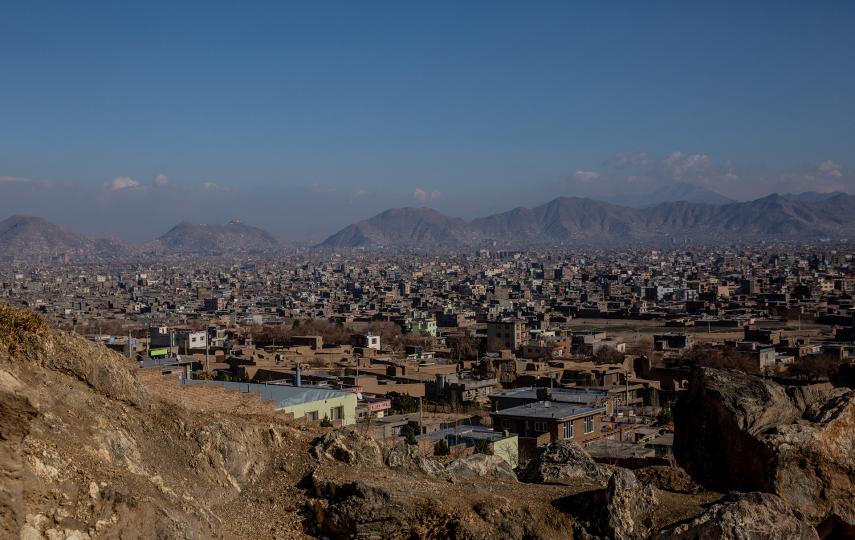HARARE
Despite an unusual abundance of water after recent heavy rain, taps continue to run dry in several of Zimbabwe's major cities.
Some residents in the capital, Harare, have gone without water for as long as two weeks, while areas of Bulawayo, the country's second city, have experienced water cuts lasting for several days at a time. Old, unreliable water reticulation equipment has been blamed.
The quality of tap water has also become a problem. Harare's water was recently condemned by the municipality's own experts for failing to meet the minimum safety requirements set by the World Health Organisation and the Standards Association of Zimbabwe.
A report by the Harare municipality's Works Department said the city's water had very low concentrations of chlorine, resulting in high levels of bacteria and ideal conditions for disease outbreaks.
"Toxin producing blue-green algae and other impurities are constantly present in the drinking water," read part of the report.
Some industrialists involved in processing milk, ice cream, beer and soft drinks have lodged formal protests with the Harare municipality over the quality of water being supplied, and a few factories have threatened to stop production until the water quality improves.
This week three people in a Harare household died, while seven others were hospitalised, after contracting cholera. Outbreaks of cholera have also occurred in Chitungwiza, the capital's dormitory town, due to persistent water cuts that have lasted several weeks, leading some residents to dig shallow, unprotected wells.
Until recently, most of Zimbabwe's main cities were governed by opposition Movement for Democratic Change (MDC) executive mayors, but a number of them were fired by the central government for alleged poor performance.
Precious Shumba, spokesman for the Combined Harare Residents Association, said they were working on a lawsuit against the government-appointed commission in charge of Harare, the minister of health and the local government minister who fired the mayor.
"Residents have overwhelmingly agreed that there is a clear case against the respondents that they have violated the public health act by failing to create an environment in which residents can live in a healthy city," Shumba told IRIN.
This article was produced by IRIN News while it was part of the United Nations Office for the Coordination of Humanitarian Affairs. Please send queries on copyright or liability to the UN. For more information: https://shop.un.org/rights-permissions
![Taps continue to run dry in Zimbabwe's major cities [Zimbabwe] UNICEF providing displaced with water and sanitation services.](https://assets.thenewhumanitarian.org/s3fs-public/images/200571526.jpg)




